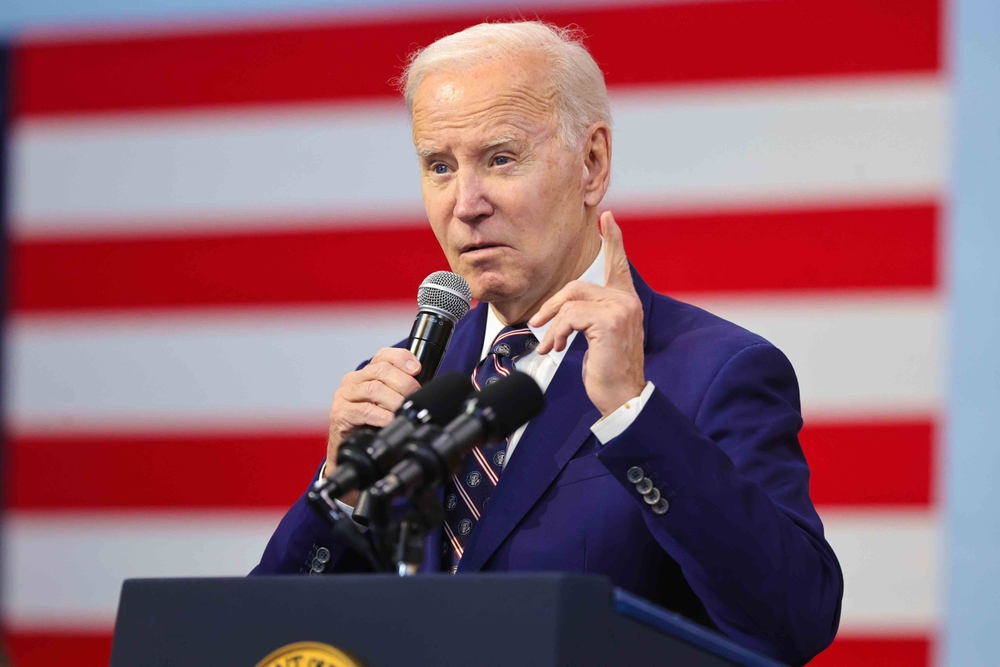
President Biden is Now Facing ‘Arguably the Most Important Election Integrity Lawsuit in the Country’
President Biden’s executive order aimed at increasing voter turnout is now being challenged in what…
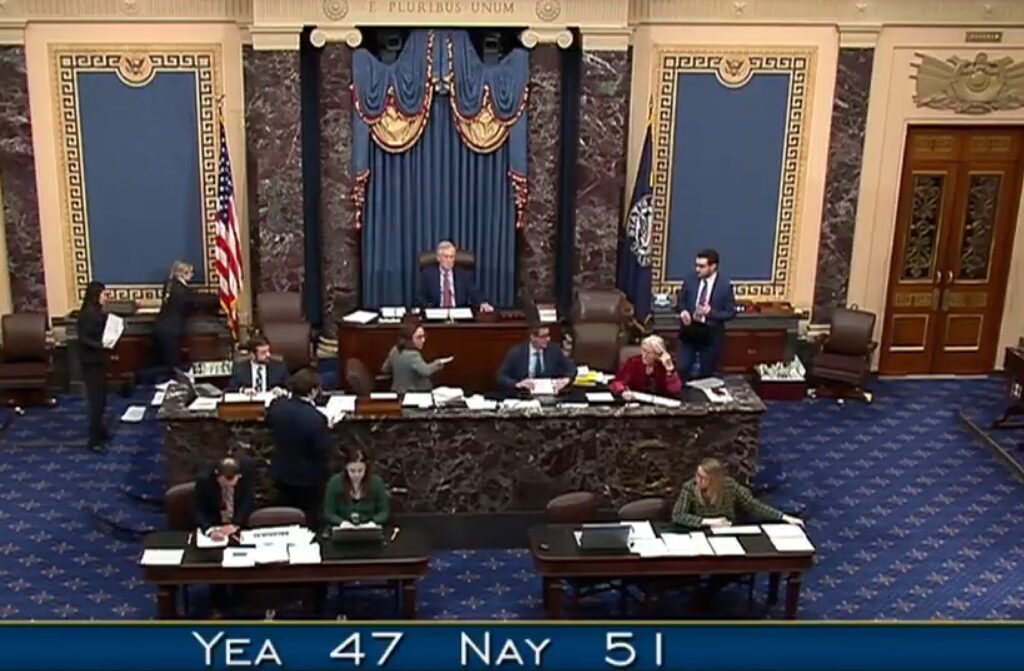
ALL Senate Dems Vote Against Stopping Biden Administration’s Charter Flights for Illegal Aliens
Every single Democrat in the United States Senate voted against amendments that would effectively stop…

MTG calls for the Expulsion of Republican Congressman Mike Gallagher
GOP Representative Mike Gallagher of Wisconsin will depart from Congress early, dealing another blow to…

Joe Biden Spreads Yet Another Trump Hoax While Standing Next to His ‘Former Boss’ Obama
President Joe Biden’s reelection campaign conducted an organizing call and released a video Saturday featuring…

“You Are Going to Elect Donald Trump”: Never Trump Pollster Warns CNN the Dems’ Attacks on Trump Will Backfire
Political pollster Frank Luntz, a “Never Trump” critic who appears frequently on major news media,…
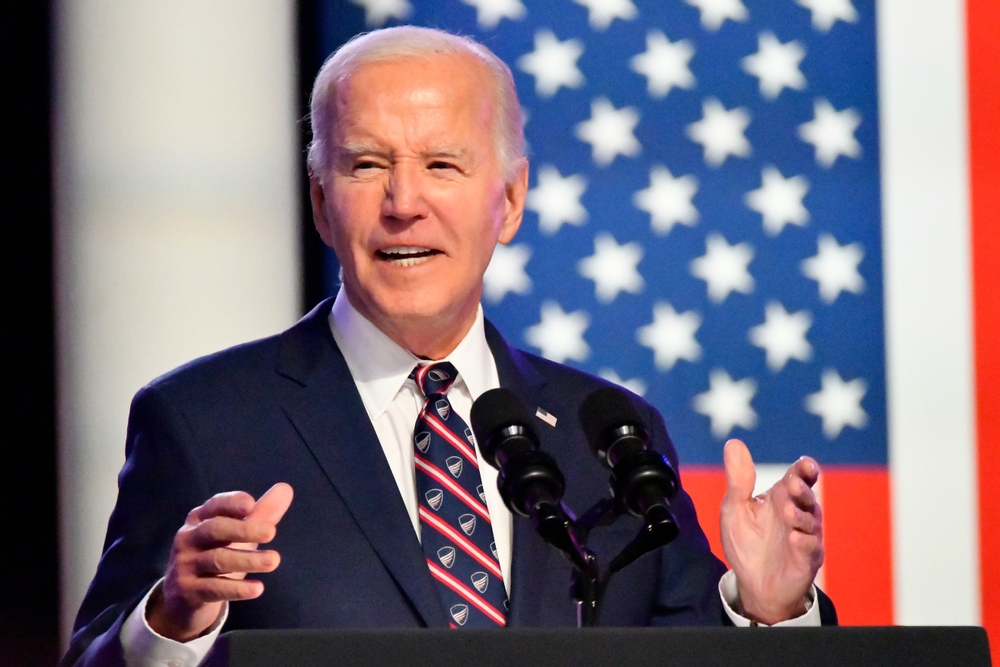
President Joe Biden is Losing Support Among Key Voters in Crucial Battleground States
President Joe Biden is losing support among key voting demographics in crucial battleground states as…

Jeff Bezos’ Ex-Wife Doles Out $640 Million to Extreme Left Groups Boosting Migrant Criminals, Trans Athletes
Most of the $640 million in new philanthropic donations from Amazon founder Jeff Bezos’ ex-wife…
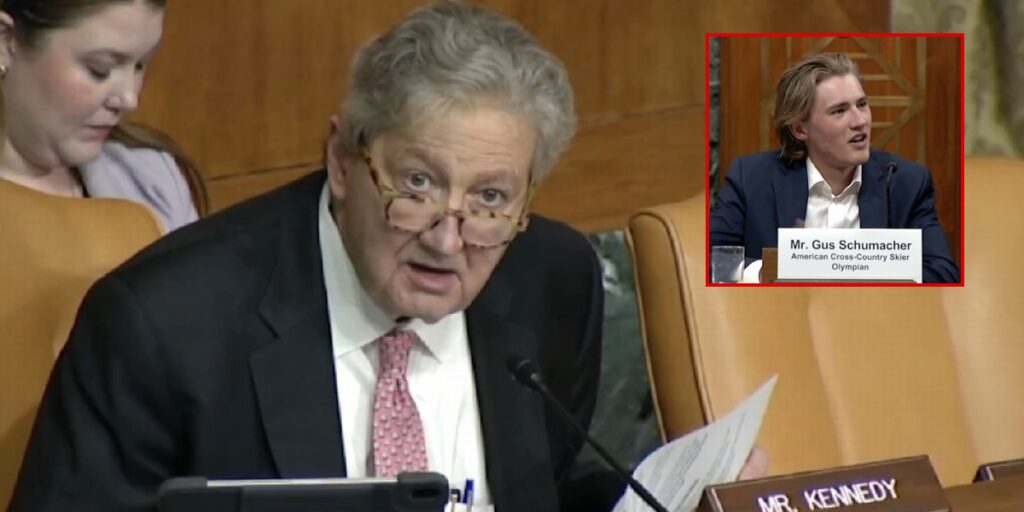
Senator Kennedy’s Takedown of Pretty Boy Gen Z ‘Expert Witness’ is a Cinematic Masterpiece
Senator John Kennedy has his moments. One of those moments came on Friday when a…
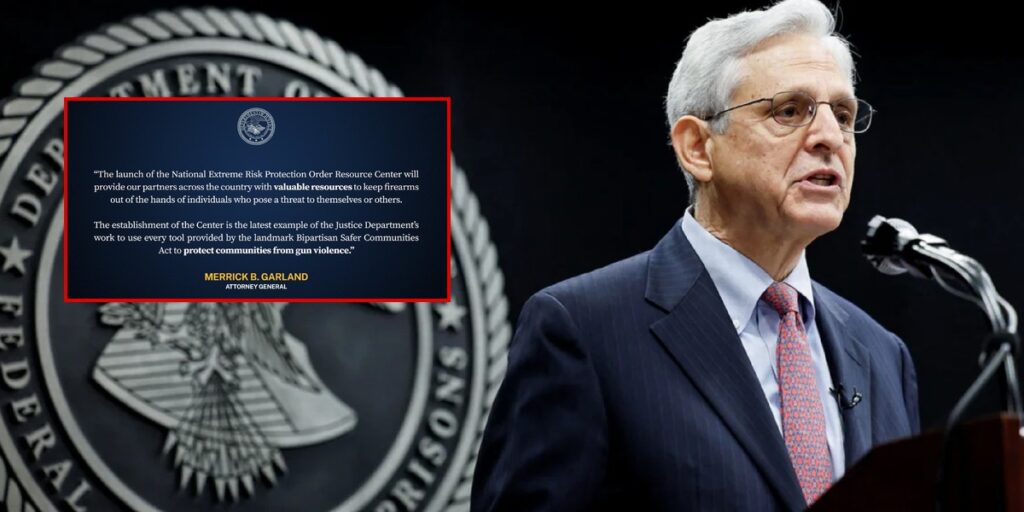
‘What the Hell is This Evil’: DOJ Announcement of Federal Red Flag Center Catches Congress by Surprise
Speaker of the House Mike Johnson surrendered to the Democratic Party’s gratuitous spending demands on…
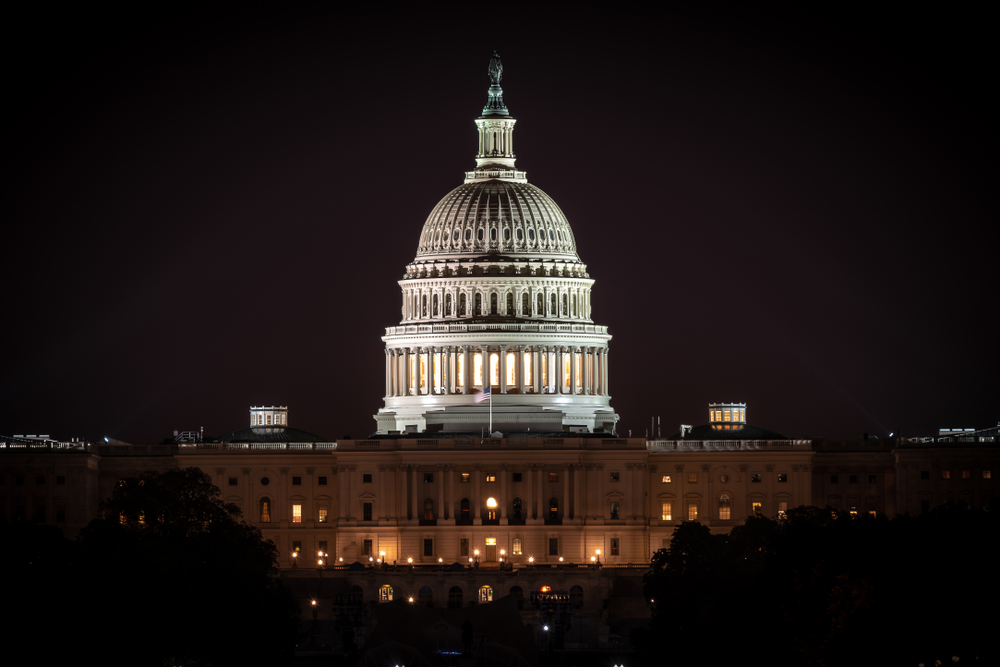
The U.S. Government Actually ‘Shut Down’ at Midnight Last Night
The Senate passed a consolidated spending bill to fund the government on Saturday morning but…
- « Previous Page
- 1
- …
- 12
- 13
- 14
- 15
- 16
- …
- 32
- Next Page »